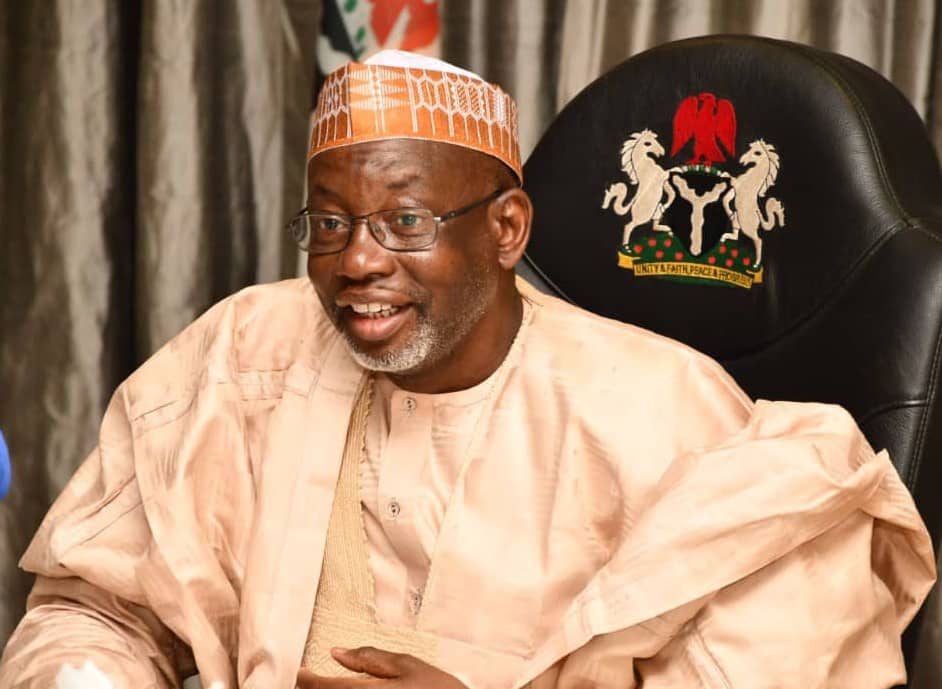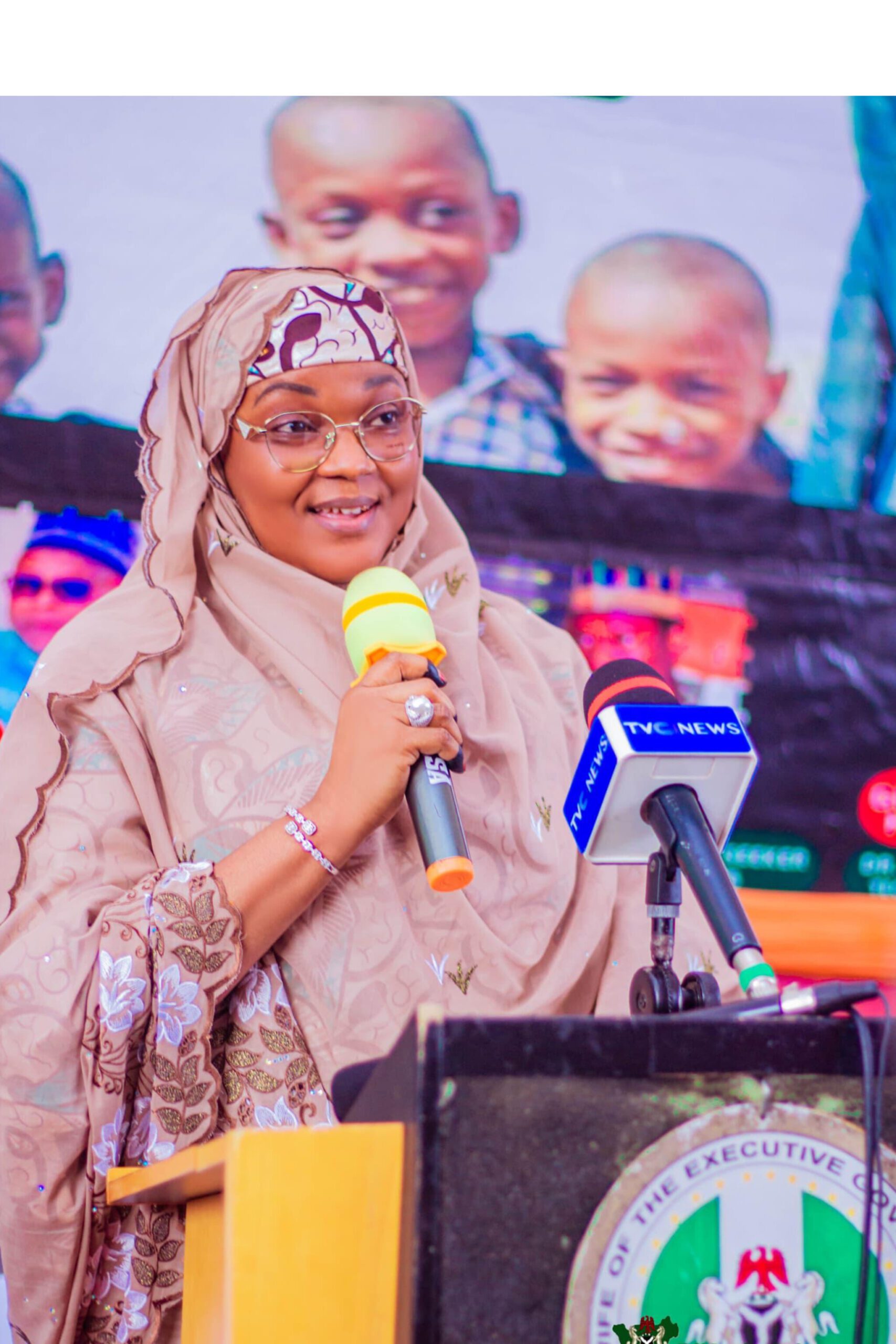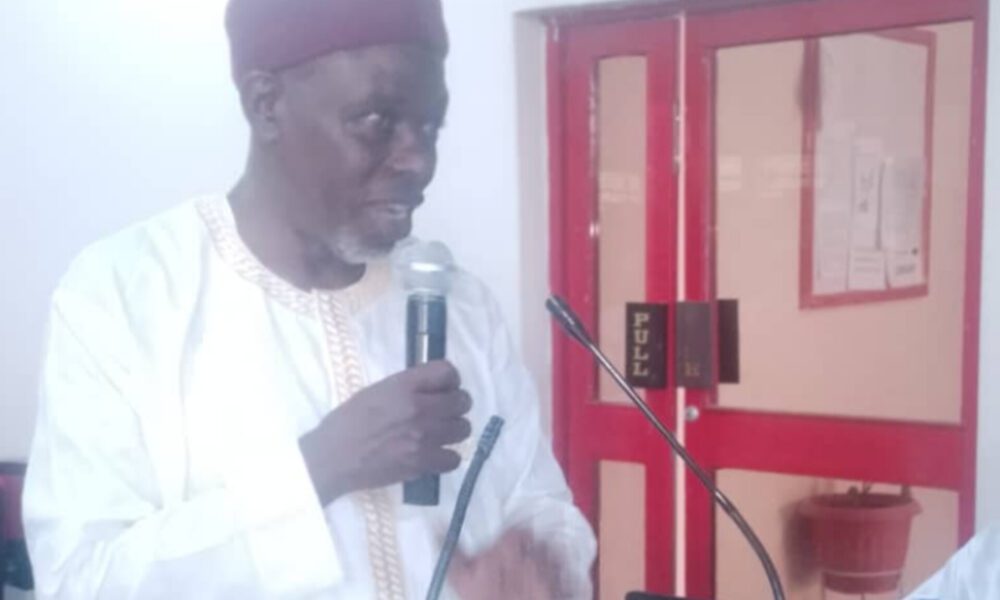By Ahmed Rufa’i, Dutse
In his determination to create 150 millionaires before the end his first tenure, the Jigawa state governor, Malam Umar Namadi has approved the release of N270 million empowerment credit facility at N10 million each for 27 individuals
The governor spoke at the opening ceremony of a week training on business management organized for the 27 prospective millionaires created by the state government.

Malam Namadi explained that his administration would create 27 millionaires in Plumbing Materials Business in line with his quest to create 150 millionaires before the end of his first tenure
According to him “after careful assessment of the condition of water supply infrastructure in the state, government identified a huge gap in the management of thousands of Hand pumps materials, spare parts and water treatment chemicals across the state”.
“To address the gaps, we earlier trained and empowered 287 youth on hand pumps repair one person from each of our political wards, however, we now initiated the project to empower 27 people to engage in the business of selling the spare parts of hand pumps and other plumbing materials at each headquarters of the 27 local governments.”
“Each of the 27 Selected business men were given a capital of not less than N10 million and connected with production companies for supplying the materials at reasonable price. “We also directed all our 27 local government Chairmen to be patronizing them and to also engage our trained youth on any contract of repair of hand pumps in their area.”
“Today we are proud to say we have created 27 Millionaires and we pray Almighty to bless their business and give them prosperity “Governor Namadi stated
While fielding questions from newsmen, the Executive Secretary Jigawa state Directorate for Economic Empowerment, Dr Habibu Ubale said, the state has so far through the directorate empowered over 48,000 persons in various disciplines, trades and businesses.
Dr Ubale maintained that “from the inception of this administration to today’s programme we empowered over 48,000 in JIgawa state in terms of activities that are direct, indirect it’s God Almighty knows”.
He said male and female were empowered in various disciplines such as ICT, Painting and POP Plumbing, Agricultural activities, J-Agro etc.
Commenting on the 27 millionaires the executive secretary noted that “one beneficiary is selected from each of the 27 local government areas based on merit including their integrity, business track records and other criteria laid down for the sustainability of the business”.
He disclosed that the credit facility is interest free and to be paid back to government in four years under the agreement of the loan.
“We have also established mechanism for monitoring the beneficiaries and evaluating their transactions for prompt advice and intervention where necessary.
“This project has has chain effect including Job creation, poverty eradication, enhancing water supply and Strengthening public health among others” The ES declared




